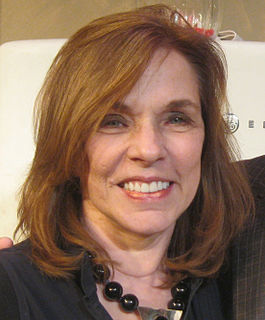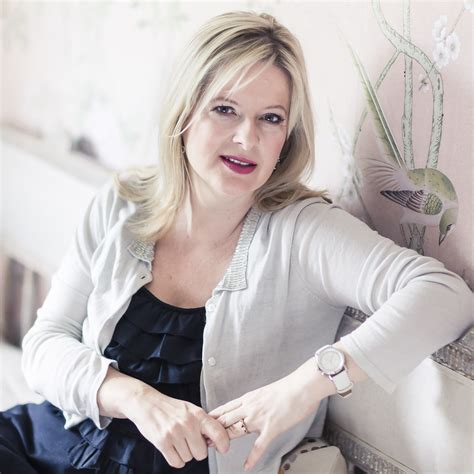A Quote by Karin Slaughter
There's a tendency among some male writers to make the women in their stories weak and needing of rescue so that their hero looks like a manly man.
Related Quotes
Maybe just as many women writers as male writers could be billed as the next great American writer by their publisher. Maybe book criticism sections could review an equal amount of female and male writers. Maybe Oprah could start putting some books by women authors in her book club, since most of her audience is women.
Comedy in the past hasn't spoken to women because it wasn't written by women, and male writers don't make women three-dimensional characters. Too often, women just facilitate the man's comedy: they're not crazy; they're not funny. But women are as vulgar as they are elegant, as stinky as they are smelling of eau de parfum.
We have to hear the stories of women at all ages of their lives in order to really present a picture of what it felt like to be alive in our time. That's what our job is as writers is to present that and create it. Our job as writers isn't to make as much money as we can. Our job is to create a record of this time. That's why if you leave out women and the stories of women, we failed at our mission. All of us. Men and women.
A man can be a hero if he is a scientist, or a soldier, or a drug addict, or a disc jockey, or a crummy mediocre politician. A man can be a hero because he suffers and despairs; or because he thinks logically and analytically; or because he is "sensitive"; or because he is cruel. Wealth establishes a man as a hero, and so does poverty. Virtually any circumstance in a man's life will make him a hero to some group of people and has a mythic rendering in the culture - in literature, art, theater, or the daily newspapers.
If you look at most womens writing, women writers will describe women differently from the way male writers describe women. The details that go into a woman writers description of a female character are, perhaps, a little more judgmental. Theyre looking for certain things, because they know what women do to look a certain way.
I am not somebody who goes around saying men are superior or that male writers are superior. In fact, I really go out of my way to champion women's work that I think is not getting enough attention. None of that is ever enough. Because a villain is needed. It's like there's no way to make myself not male.
When I was thinking about these women characters, no matter how bad a person I am - a bad writer, my limitations, my sexism, you know - the thought was, it would be useful as a writer to try to create a template for all the male writers, especially Dominican male writers, especially males of color, of how a writer can use seeing to create more nuanced representations of women.
The pulp hero, though he may be a renegade, is a guy who doesn't feel. Anything. Ever. And for the adolescent male - pummeled by emotions left and right, whether arising from sexuality or resulting from his necessary encounters with authority - this hero is a blessing, a relief and a release. The world he lives in, where feelings are totally under control, looks to the adolescent boy like heaven! This hero's lack of feeling - like Star Trek's Spock - is what allows him to be a genius, or allows him to shoot the bad guys and/or aliens, without a quiver to his lip.
If you look at most women's writing, women writers will describe women differently from the way male writers describe women. The details that go into a woman writer's description of a female character are, perhaps, a little more judgmental. They're looking for certain things, because they know what women do to look a certain way.





































